STORAGE, VARIETY, TASTING ADVICE...
Wines for aging represent something fascinating in the world of wine. They are renowned for their ability to age and improve over time. In this blog article, we will explore what a wine to age, how to choose the right wine, how to store it optimally and finally, how to taste it so as not to lose any of its splendor.
What is a wine for aging?
A wine for aging is a wine designed to be stored for an extended period of time, in order to develop deeper aromas and complexity over the years. Unlike wines for immediate consumption, wines for aging are often structured, rich in tannins and with balanced acidity. They may come from different regions and grape varieties, but they all share this ability to evolve over time.
France is nevertheless renowned for producing some of the best wines for aging in the world, with a wide diversity of grape varieties adapted to this objective. Here are some of the best French grape varieties for producing wines for aging:
- Cabernet Sauvignon – Bordeaux
- Merlot – Bordeaux
- Syrah – Rhône Valley
- Pinot Noir – Burgundy
Please note that these grape varieties can be used alone or in blends, depending on the regions and specific appellations. The terroir, viticultural practices as well as winemaking decisions are also essential factors in producing exceptional wines for aging in France.
How to choose your wine for aging?
When choosing a wine for aging, several factors must be taken into account. First, look at the label : some wines specifically indicate their aging potential. Wine regions renowned for their age-worthy wines, such as Bordeaux , Burgundy , and the Rhône Valley . Additionally, consider the grape variety of the wine for aging. Then do n't forget to take into account the size of the chosen bottle. Magnums are known to be excellent aging bottles, as the larger the container, the better the wine keeps. Finally, the vintage is just as important. Some years are more conducive to aging than others. Here are some examples: 2022 / 2018 / 2016 / 2015 / 2010 .
As seen previously, certain grape varieties such as Cabernet Sauvignon, Merlot, Syrah, are known for their impressive ability to age and improve over time. Finally, dare and above all don't be ashamed to seek advice from a specialist, whether in a restaurant or at a wine merchant, in order to obtain personalized recommendations.

How to store your wine for aging?
After understanding the important factors in choosing your wine for aging, it is not enough to put your bottle in the cupboard for the next 10 years or you risk being very disappointed when you open it.
The conservation of a wine for aging is essential to guarantee its positive evolution. We will therefore give you some advice to guarantee optimal storage of your wine for aging:
- Temperature : Keep the wine at a constant temperature between 12°C and 16°C. Changing temperatures can alter the quality of wine.
- Humidity : Maintain a relative humidity of around 70% to avoid drying out of the cork which could have the impact of corking your wine.
- Darkness: Store your wine in a dark place, out of direct sunlight.
- Position : Ideally, store your wine lying down so that the cork remains in contact with the wine, thus preventing it from drying out.
- Calm : Avoid vibrations and sudden movements which can disrupt the aging process of your wine.
How to taste your wine for aging?
After years of patience, here is finally the long-awaited moment of tasting! However, depending on the age and type of wine you have chosen, opening your bottle and tasting it should not be taken lightly. This requires a particular approach to fully appreciate its qualities developed over time. Here are some steps to follow to enjoy your wine for aging as best as possible!
Preparation
Aeration: Uncork the bottle a few hours before serving your wine. This allows it to open up and release its aromas after a long period of aging.
Temperature: Make sure your wine is served at the correct temperature.
Observation
Olfaction
Swirling: Swirl your wine in your glass to release its aromas.
Aromas: Immerse your nose in your glass and inhale the aromas of your wine. Look for complex notes and things that appeal to you. The aromas are sometimes more subtle and integrated than in young wines.
Tasting
First impression: Take a sip of your wine and let it spread across your palate. Note the structure, texture and balance of your wine.
Flavors: Try to identify the different flavors present in your wine. Wines for aging can offer remarkable complexity and depth of flavors.
Finish: Pay particular attention to the length and evolution of flavors on the palate. Wines for aging often have a lingering finish and may have additional nuances that are gradually revealed.
Finally, remember that tasting a wine for aging is a subjective experience. Everyone is free to perceive and appreciate flavors differently so trust your own sensations and preferences when tasting a wine to age.
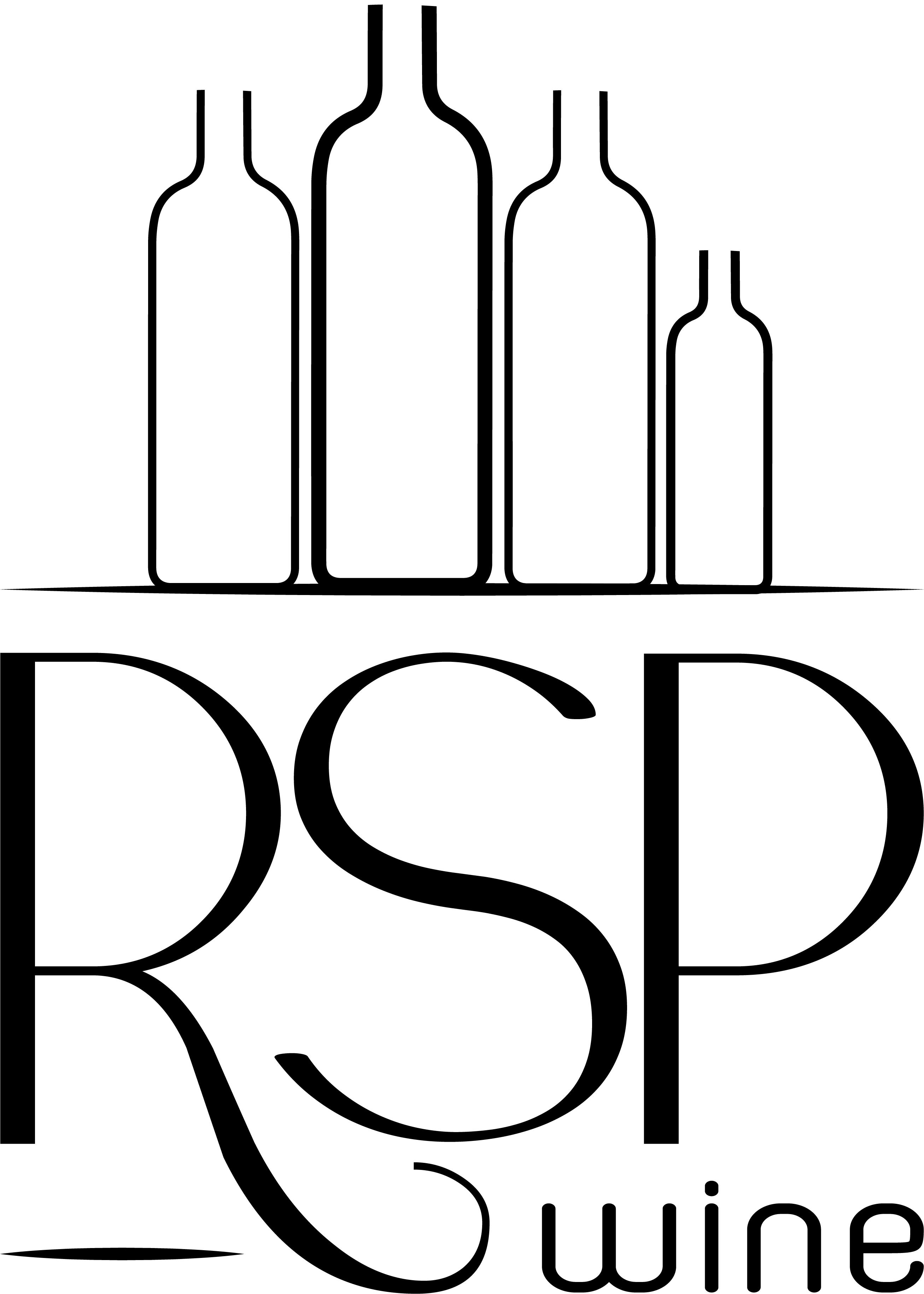
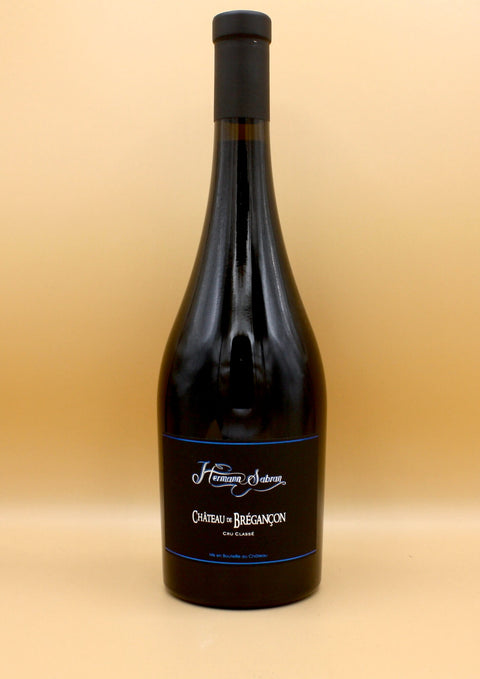
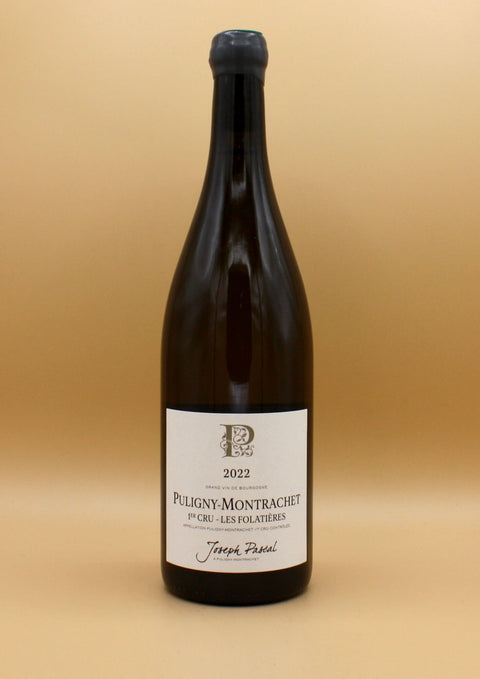
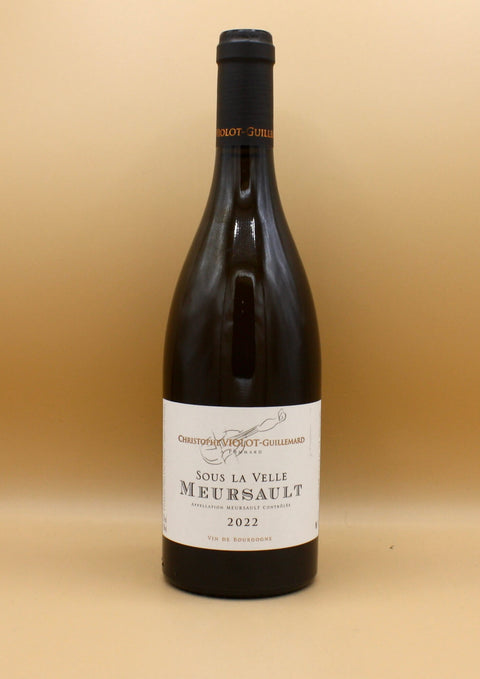

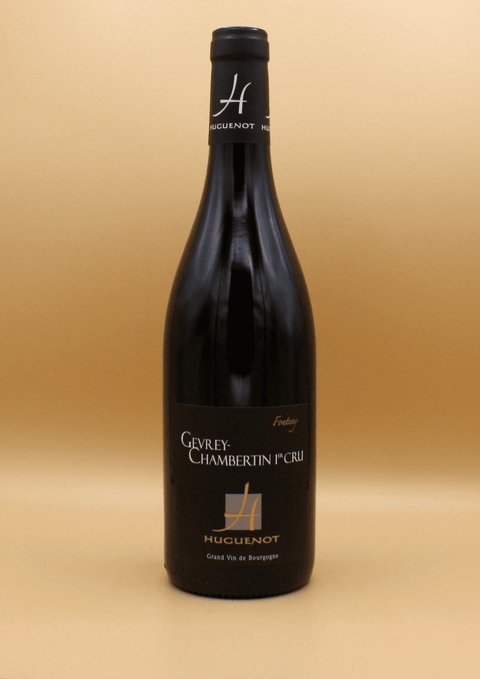
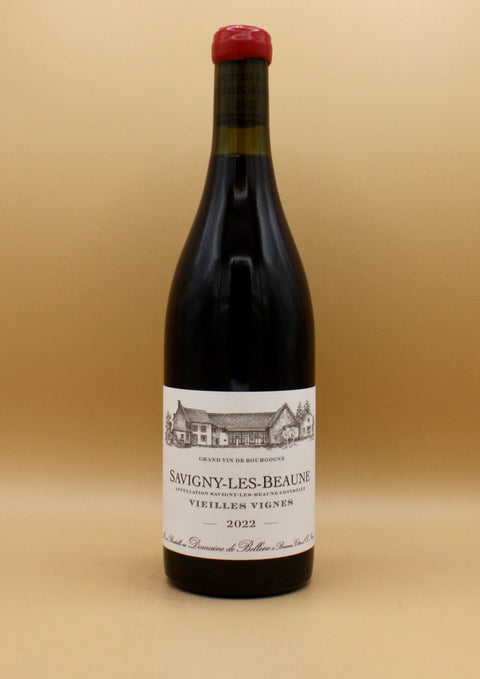
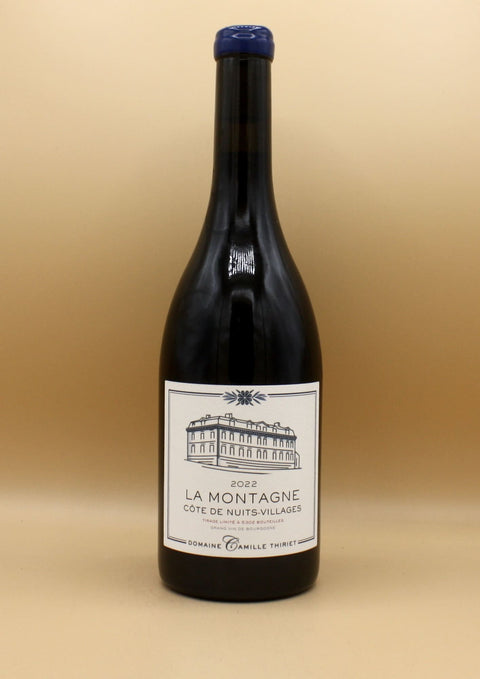
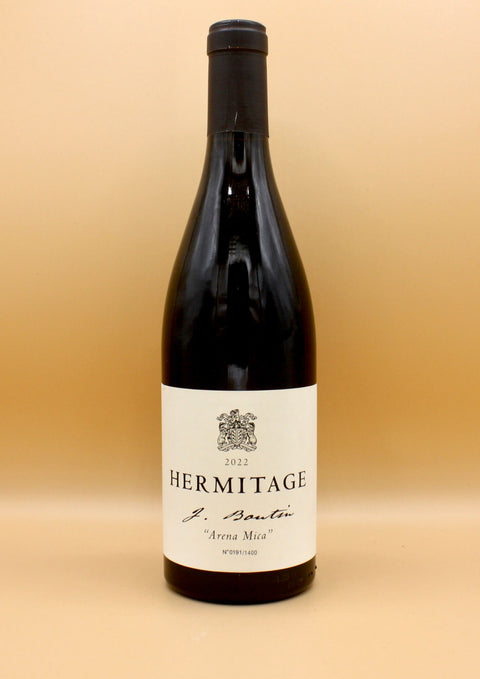
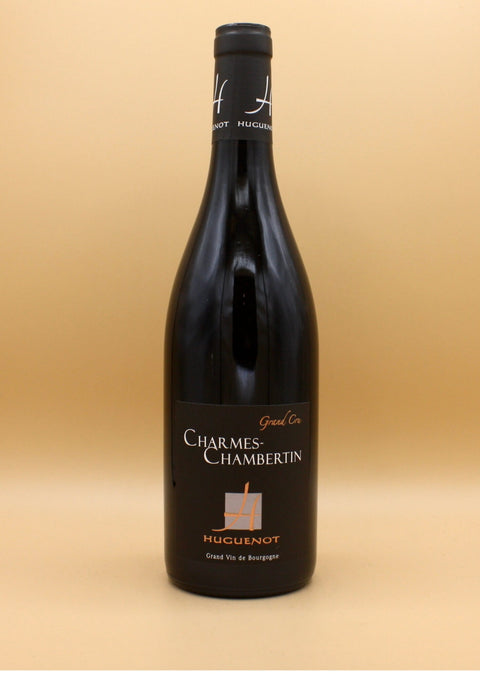
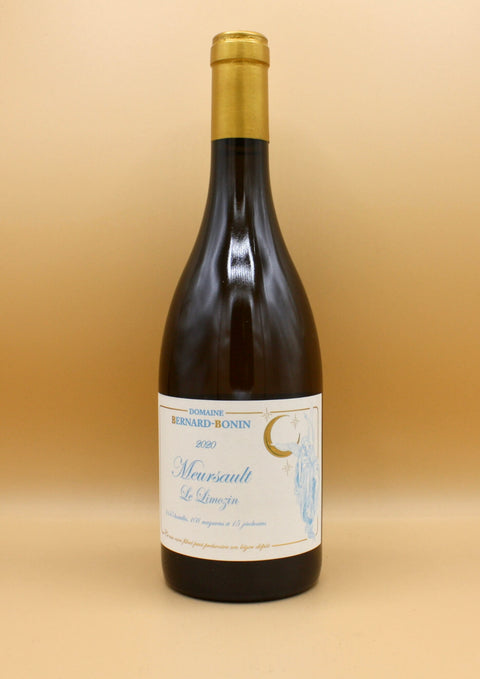
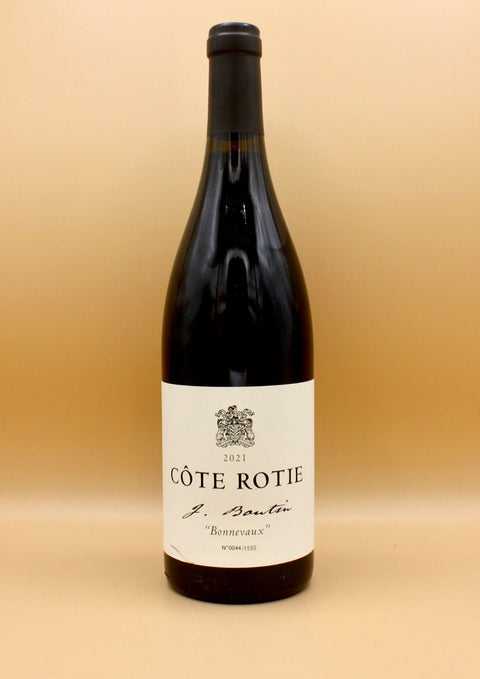
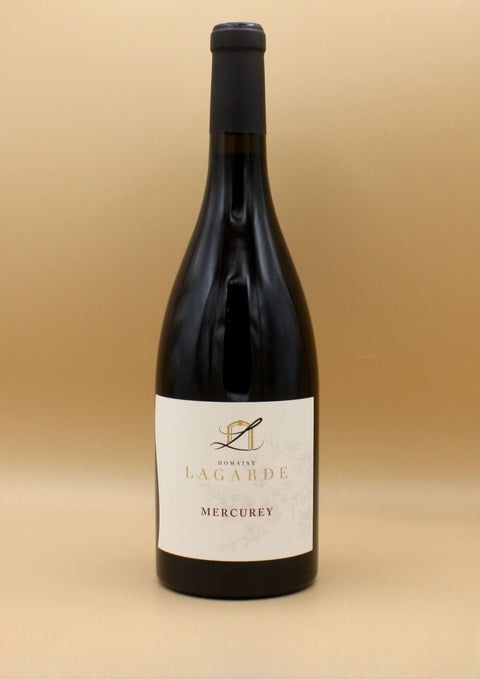
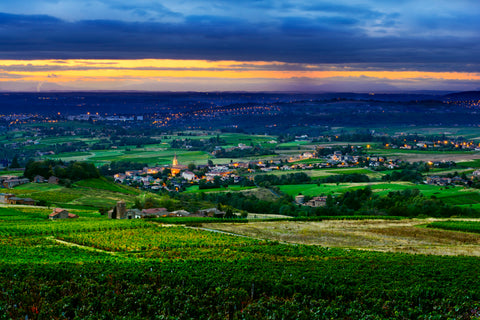
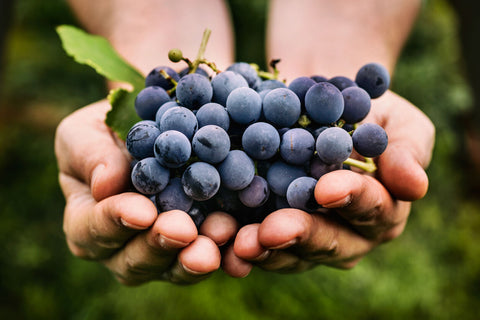

Comments (0)
There are no comments for this article. Be the first one to leave a message!